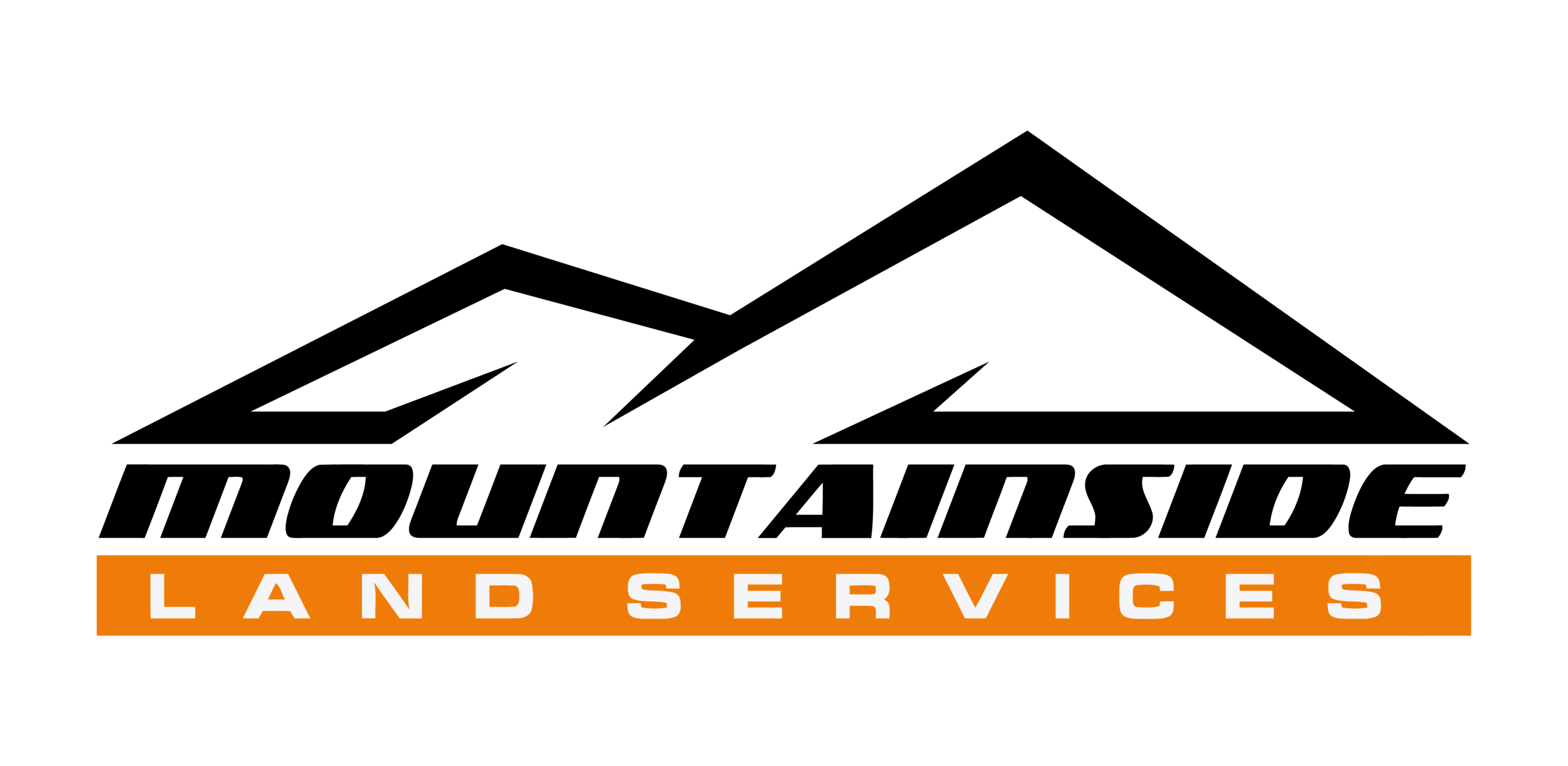Here are seven questions that separate contractors who actually know mountain work from those who’ll cost you thousands in mistakes.
1. “Show me mountain projects you’ve finished over two years ago”
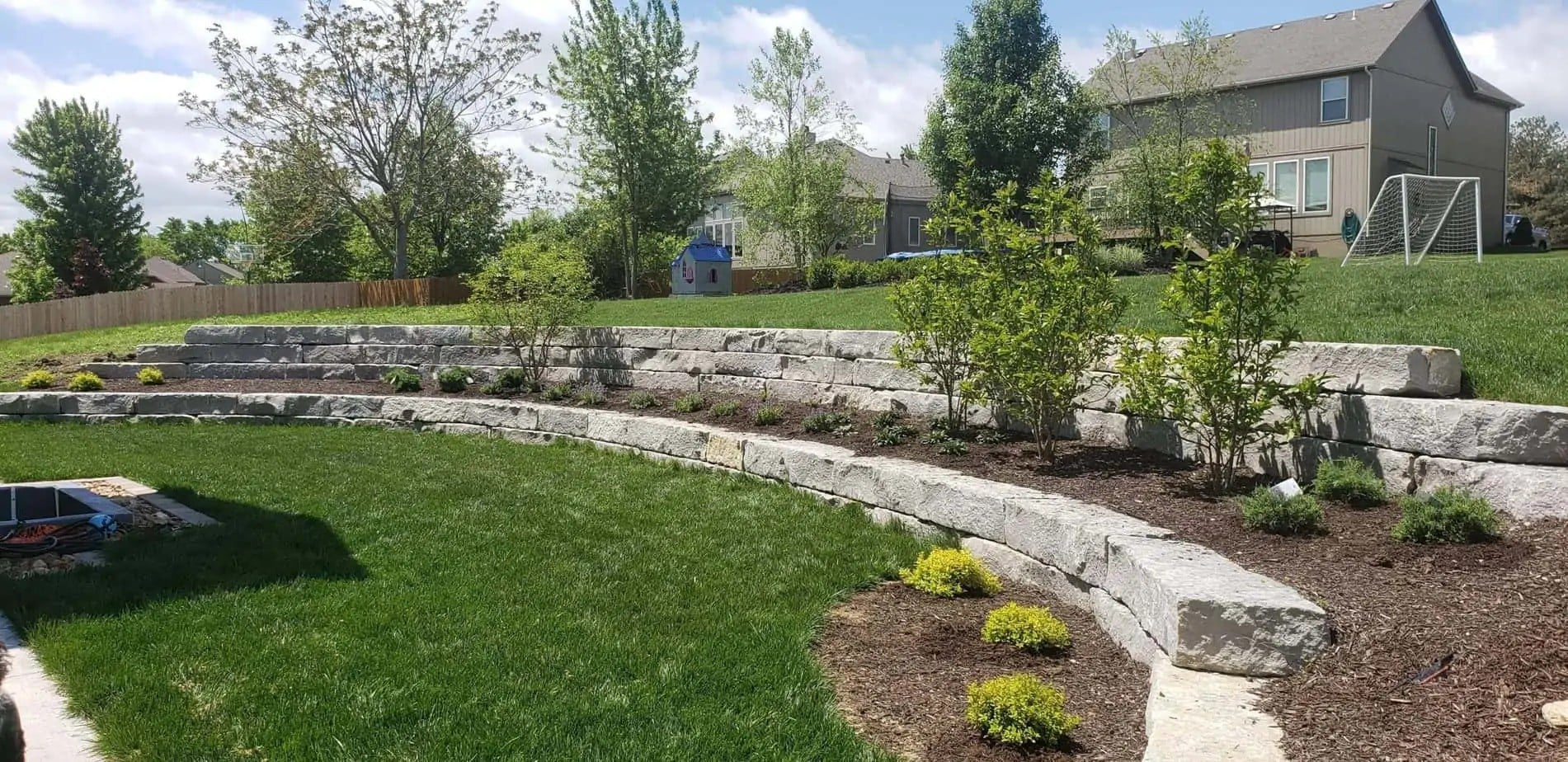
Any contractor can show you shiny photos of recent jobs – but mountain properties reveal their secrets over time. What looked solid when it was finished can fail fast if it wasn’t built right.
That’s why it’s so important to look at projects that have endured multiple winters, downpours, and freeze-thaw cycles. Durability is the real test of mountain excavation work.
Here’s what you should ask your contractor:
Hillside retaining walls they built
Mountain driveways that have survived multiple winters
Drainage systems installed on slopes
Erosion control work on mountain properties
Photos tell part of the story, but nothing beats seeing their work in person.
Request to visit past projects – especially ones completed several years ago. This reveals how their work holds up through Colorado’s harsh seasons.
2. “What’s your water management plan for my sloped property?”
Many failed mountain projects trace back to one thing: water.
Contractors who overlook drainage or assume the land will “handle it” naturally are gambling with your investment.
If your excavation contractor can’t walk you through a detailed water management plan, they’re not ready for mountain work. So, to make sure you’re hiring the right person, ask this:
Exact drainage solutions for your property’s slope percentage
How water volume calculations affect their design
Plans for both surface and subsurface water
How they prevent spring runoff damage
Be wary of vague answers about “adding some drainage.” Proper mountain water management requires precise planning based on your specific site conditions.
3. “Which permits will my project need, and who’s pulling them?”
One of the fastest ways a project gets derailed in the mountains? Permits.
The rules can change drastically from one county to the next, especially when you’re dealing with slope percentages, wildfire risk, or geological hazards.
Your contractor should have a clear, confident plan for getting every required approval – before breaking ground. This is what you should ask about:
Geological hazard zone restrictions
Steep slope ordinances
Wildfire mitigation requirements
County-specific excavation rules
A contractor experienced with mountain work knows exactly which permits you’ll need and whether they or you will be responsible for obtaining them.
4. “What equipment will you use, and can it access my property?”
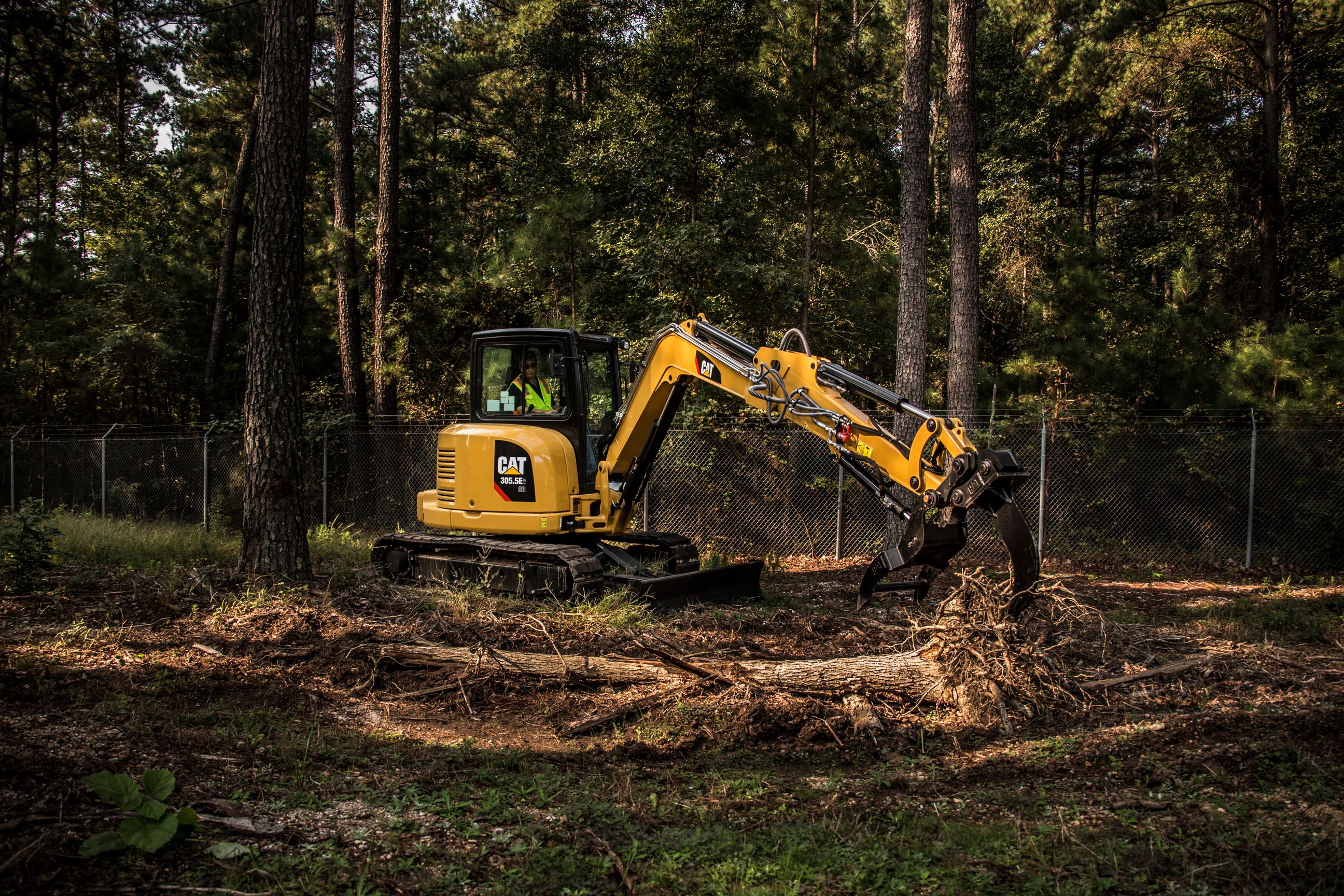
Mountain properties aren’t built for standard construction traffic. If your contractor doesn’t ask detailed questions about access, driveways, and terrain, they’re not thinking ahead.
The right team knows exactly what equipment works at elevation – and how to get it in and out without wrecking your land.
If you’re having doubts, these questions will put your mind at ease:
- What machines they’ll bring to your site
- Whether your existing access roads can handle their equipment
- If they’ll need to build temporary access roads
- How they’ll prevent damage to your property during access
Many contractors arrive with equipment that’s either too large for tight mountain roads or too small to work efficiently at your elevation.
5. “How will you adjust for our altitude and weather?”
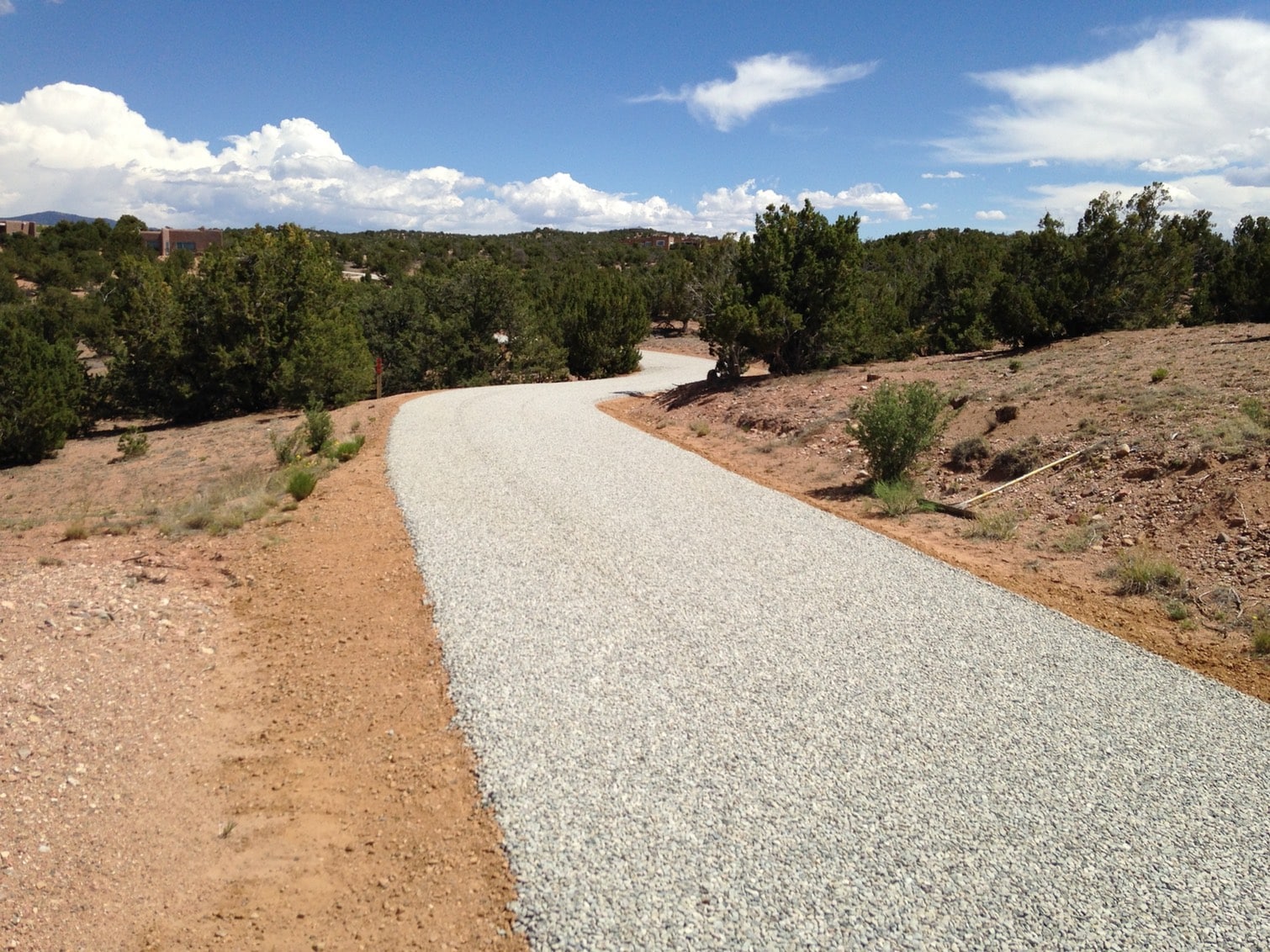
If your contractor doesn’t bring this up early, it’s a red flag – they might be treating your property like it’s still on the Front Range. To make sure they know what they’re doing, ask about:
- How they schedule around shorter mountain working seasons
- Their mountain-specific material modifications
- Concrete curing adjustments for high altitude
- Backup plans for sudden weather changes
If they don’t mention altitude-specific building methods, they probably haven’t worked much in the mountains.
6. “What soil and rock conditions do you expect on my property?”
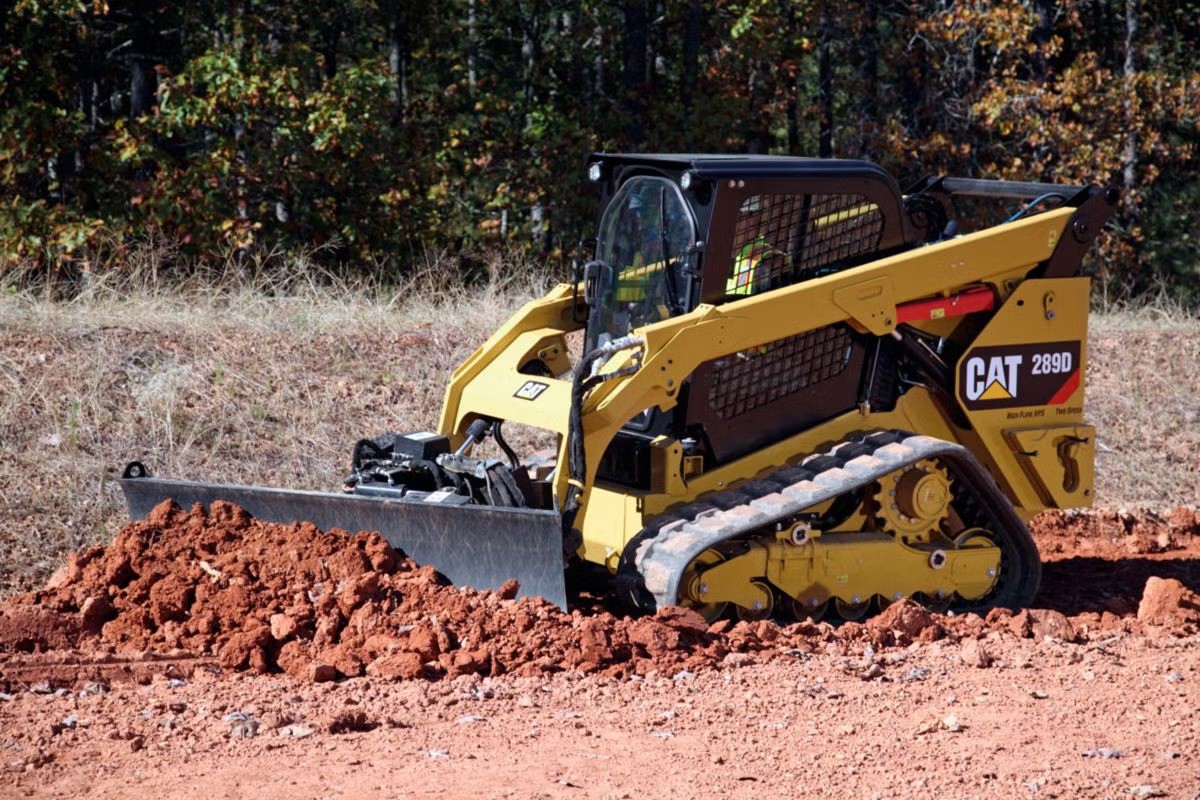
If your contractor doesn’t ask about testing or geology, you can bet they’ll be improvising later. And that gets expensive, fast. So, ask about:
- Specific soil types common in your area
- How they test ground conditions before starting
- Their plan for hitting rock or unexpected boulders
- Strategies for handling unstable soil areas
Run from any contractor who says “we’ll figure it out when we start digging.” That approach leads directly to budget overruns.
7. “How do you build to withstand our extreme freeze-thaw cycles?”
You don’t need problems showing up when the snow melts. But that’s exactly what happens when contractors skip high-country building standards.
Freeze-thaw cycles will push apart poor foundations, burst drainage pipes, and collapse improperly backfilled walls.
Mountain pros know how to stop it before it starts. To make sure you’re talking to one, ask about:
- Foundation designs modified for mountain conditions
- Backfill material selection for retaining walls
- Drainage systems behind walls that prevent ice damage
- Material choices specifically for high-country durability
A contractor using standard Front Range techniques on a mountain property is setting you up for expensive failures within a few seasons.
What Happens When You Hire the Wrong Contractor
We regularly get calls to fix failed work from contractors who didn’t understand mountain conditions. The pattern is predictable:
- The original work looks fine at completion
- It fails within 1-3 seasons, often after the warranty expires
- Fixing the damage costs 2-3 times the price of doing it right initially
The lowest bid usually becomes the most expensive option in mountain settings. Contractors without mountain expertise often bid low because they don’t account for the additional work mountain conditions require.
The right mountain excavation contractor charges appropriately for their specialized knowledge but saves you money by building something that lasts through Colorado’s harsh mountain conditions.
When you need excavation work that stands up to mountain conditions, call Mountainside Land Services at 720-303-1449.
We work exclusively on mountain properties throughout Colorado’s Front Range and mountain communities.
